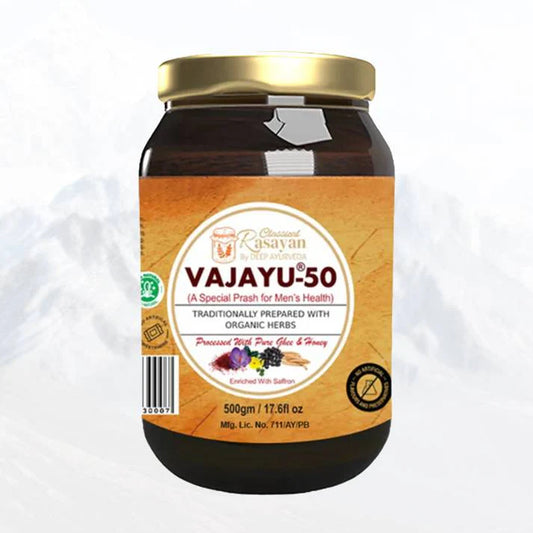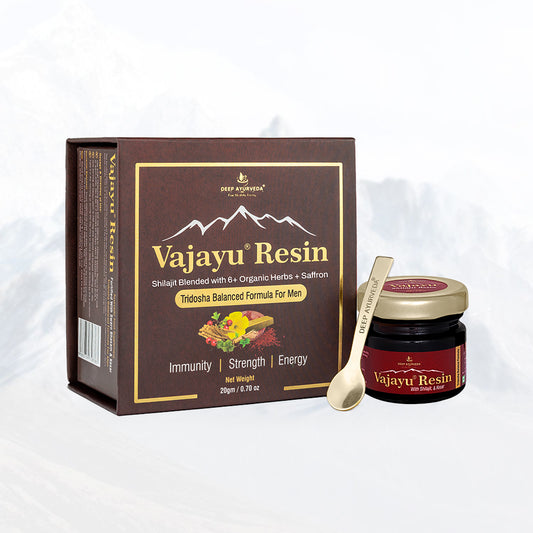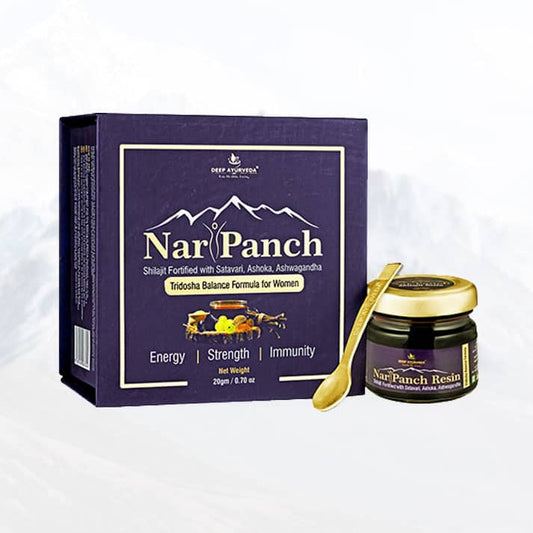Have you seen these patches on your skin and felt that your wounds take a bit longer to clot? Then, of course, a low platelet count is something you might be going through.
In the next discussion, it will be evident that Ayurveda can offer solutions by which to lead a normal life in the face of the problems of immune thrombocytopenia associated with ITP. ITP, or idiopathic thrombocytopenic purpura, is a kind of blood disease in which the immune system has been found to wrongly attack platelets. Such a process leads to a temporary or continued decrease in the number of platelets present and increases the risk of bleeding.
It is important to note that ITP is not caused by an infection, but rather by immune system issues.
The term used to be used since it was not clear what caused ITP. Afterward, it was quite clear that the participation of the immune system is paramount; hence, since then, it has been renamed "immune thrombocytopenia.
What Exactly is ITP (Immune Thrombocytopenic Purpura)?

Trying to get the meaning out of the term "thrombocytopenia," helps to understand the disorder. From "thrombocytes," it is platelets and "penia," meaning deficiency in number. When combined, it indicates thrombocytes' low count.
Although not whole cells like red and white blood cells, platelets have an extremely important function in clotting. They aggregate at sites of injury, assisting in blood coagulation and the formation of clots that seal up wounds so that too much bleeding cannot occur. The other ingredient, fibrin, supports tissue regeneration.
Ayurvedic Perspective on ITP In Ayurveda, ITP is associated with "Tiryaka Raktapitta," in which all three doshas of Vata, Pitta, and Kapha get aggravated to hurt the platelet cells in the body, eventually causing a reduction in their number. Ayurvedic treatment is meant to restore the same naturally with the help of some changes in diet, lifestyle changes, and herbal medicine without side effects.
Symptoms of ITP
Typically, platelet counts range from 150,000 to 400,000 per milliliter of blood (150-400 x 10^9/L). In individuals with ITP, platelet levels might drop to 20,000 (20 x 10^9/L) or even lower.
Many individuals with mild immune thrombocytopenia (ITP) exhibit no symptoms and feel completely healthy. Yet, when platelet levels fall significantly, symptoms such as increased bruising or bleeding might occur. These symptoms can include:
- Skin that bruises with minimal impact
- A rash of tiny red spots (petechiae) that do not become pale when pressed
- Bleeding from any part of the body
- Gum bleeding
- Nosebleeds that are frequent and prolonged
- Internal bleeding
- Extended or heavy menstrual cycles
Fatigue is also frequently reported in immune thrombocytopenic purpura symptoms cases. The reason for fatigue needs to be better understood since platelets do not regulate energy levels, making this symptom a bit of a mystery.
Causes of Immune Thrombocytopenia?
Immune thrombocytopenia develops when a person's immune system produces antibodies that incorrectly recognize the person's cells as foreign invaders. This leads to the immune system directing its cells to destroy the platelets. When there is damage or a cut in the blood vessels, platelets rush to the site and clump together to form a clot to stop the bleeding (known as primary hemostasis). However, the exact reason why the immune system targets the platelets remains unclear.
Studies have found that individuals with conditions such as human immunodeficiency virus (HIV), H. pylori infections, or hepatitis C are at a higher risk of developing ITP.
Management and Treatment of ITP (Immune Thrombocytopenic Purpura) with Ayurveda
The exact cause of ITP is unknown, but it's associated with immune dysfunction. Children often develop ITP after viral infections. Ayurveda relates it to an imbalance in Pitta Dosha from consuming certain foods, leading to blood tissue issues and cell damage. Symptoms include bruises, nosebleeds, gum bleeding, yellowish skin, and heavy menstrual flow.
Ayurvedic treatment focuses on lifestyle and diet changes, using herbs to enhance immunity and increase low platelets, reducing pain and inflammation.
Effective Herbs in Immune Thrombocytopenia Ayurvedic Treatment

- Giloy (Tinospora cordifolia): Balances doshas, boosts immunity, and increases platelet counts.
- Ashwagandha (Withania somnifera): Improves immune function, raises platelet levels, and reduces stress.
- Gotukola (Centella asiatica): Enhances platelet count, combats infections, and improves blood circulation.
- Punarnava (Boerhavia diffusa): Boosts liver health, strengthens immunity, and reduces inflammation.
- Noni (Morinda citrifolia): Aids in clotting, possesses anti-inflammatory properties, and supports immune function.
- Curcumin (from Turmeric): Acts as a blood purifier, reduces inflammation, and boosts immunity.
- Wheatgrass (Thinopyrum intermedium): Improves platelet counts and immune function.
- Aloe Vera (Aloe barbadensis): Increases platelet counts and reduces bleeding symptoms.
Dietary Guidelines
Ayurvedic dietary recommendations include:
- Consuming green leafy vegetables, whole grains, and vitamin K-rich foods.
- Drinking goat milk, wheatgrass, aloe vera, and pomegranate juice.
- Avoiding citrus fruits, alcohol, processed foods, and excessive spices.
- Avoid taking certain over-the-counter medicines like warfarin (Coumadin), aspirin, and ibuprofen (Advil) because they can affect how your platelets work.
- Drink less alcohol since it can harm your blood clots.
- Choose gentle exercises over intense sports to lower your chances of getting hurt or bleeding.
- Eat a variety of healthy foods, including lean meats, whole grains, fruits, vegetables, and low-fat dairy.
- Keeping a normal weight is important. Being overweight can cause platelets to stick together and increase the risk of ITP, as it puts extra pressure on your bone marrow.
Deep Ayurveda’s Ayurvedic Approach to Treat ITP
- Individual Consultation: Begin with a detailed check-up by our Ayurvedic experts to understand your body type and imbalances and find out what your immune thrombocytopenic purpura symptoms.
- Herbal Treatments: Based on your needs, we may suggest specific herbs to help balance your immune system, boost platelet count, and improve blood health.
- Diet Tips: We believe food is key in treating ITP. We’ll guide you on what to eat to help increase low platelets and manage your immune system, tailored to your health and body type.
- Lifestyle Advice: We’ll recommend ways to reduce stress, boost your immune system, and improve overall health, including stress-relief practices like yoga and meditation.
- Panchakarma Therapies: This includes five detox treatments (like Oleation and Sweating) done under expert care to help enhance your health and address ITP’s root causes.
- Ongoing Check-ups: We keep a close watch on your progress, adjusting treatments as needed for the best results.
- Educating Patients: We’ll teach you about ITP and how ayurveda treatment can help, stressing the importance of following the treatment plan and taking care of yourself holistically.
Thus, Idiopathic Thrombocytopenic Purpura (ITP) can be effectively managed with Ayurvedic treatment and dietary changes. At Deep Ayurveda, we focus on treating the root cause of Immune Thrombocytopenia, not just the symptoms. We want to balance the body, boost immunity, and improve the lives of people who have this condition.
Meet with Dr. Baldeep Kour, our professional Ayurvedic expert, to start improving your health and life with ITP. If you are in Australia and looking for top-notch ITP treatment & consultation, you can book an appointment with us at Deep Ayurveda!







